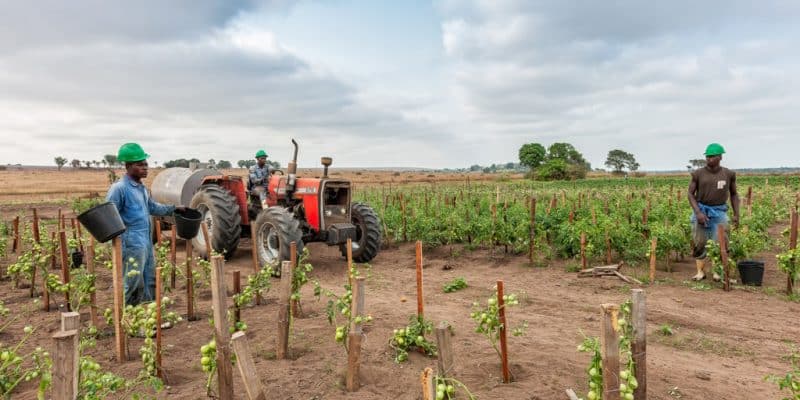The Food and Agriculture Organization of the United Nations (FAO), the Islamic Development Bank (IsDB) and the International Fund for Agricultural Development (IFAD) are pooling their technological expertise to help small-scale farmers on the African continent.
This tripartite agreement augurs a better future for agricultural productivity in Africa. The Food and Agriculture Organization of the United Nations (FAO), the Islamic Development Bank (IsDB) and the International Fund for Agricultural Development (IFAD) have pledged to “empower small-scale rural farmers by providing them with accessible, affordable and adaptable technologies”.
Together, the three organisations want to accelerate the implementation of the United Nations’ second Sustainable Development Goal (SDG2), which aims to guarantee food security for all populations. The initiative will be carried out mainly in rural areas, where farming practices are hampered by a lack of equipment and information systems adapted to the various food crops.
The technological support envisaged by the IsDB, FAO and IFAD should make it possible to provide agro-pastoral communities with technical advice and digital solutions to prevent climatic hazards (floods and droughts) and to increase their online income. “This partnership will play a central role in our Food Security Response Programme (FSRP) and related initiatives underway to ensure the sustainability of value chains in various regions”, explains Mansur Muhtar, IsDB Vice President of Operations.
Read also-AFRICA: from Bouaké to Abidjan, musicians sing for food security
A vision shared by Thouraya Triki. For the Director of IFAD’s Sustainable Production, Markets and Institutions Division, the ultimate aim is to “support the development of low-carbon dioxide (CO2) agriculture by improving the resilience of the players involved”, as well as promoting new professions that combine soil and technology. In this regard, the African Development Bank (AfDB) is organising the Digital Climate Advisory Services (DCAS) Training Course on 27 and 28 September. The programme, organised in partnership with the Global Centre for Adaptation (GCA), is being held online in Johannesburg, South Africa.
Benoit-Ivan Wansi






